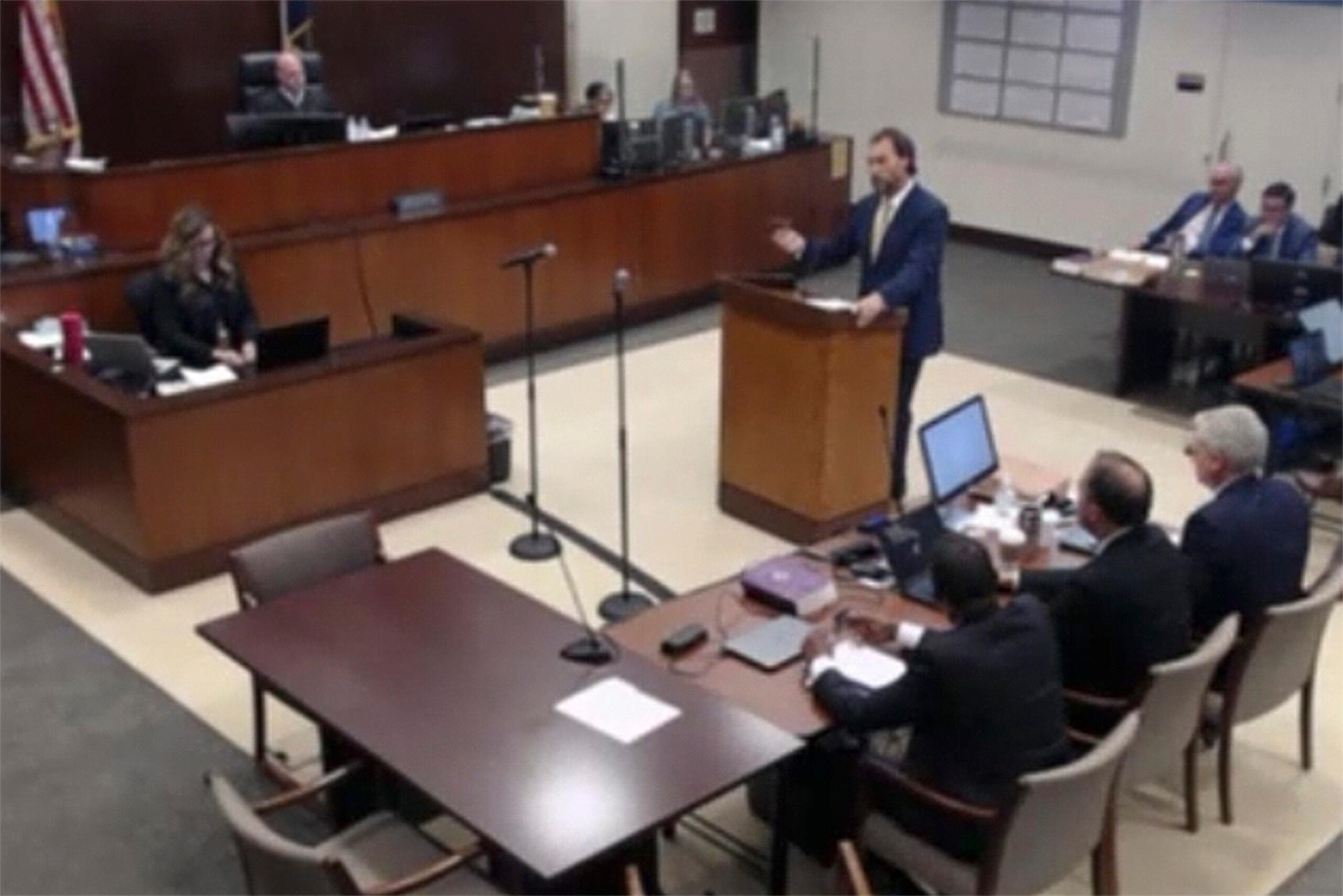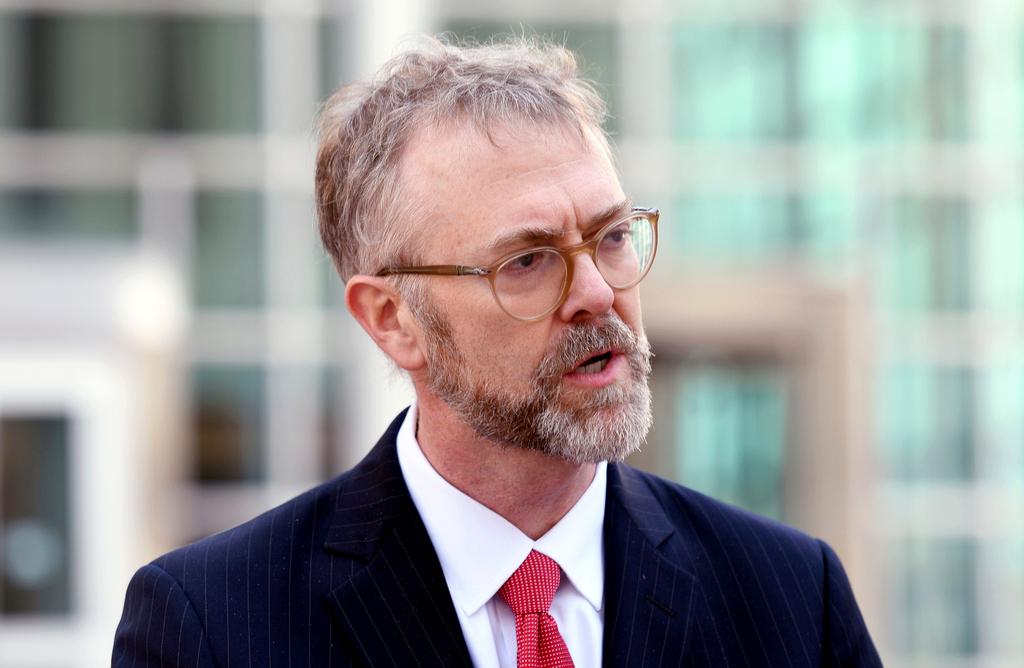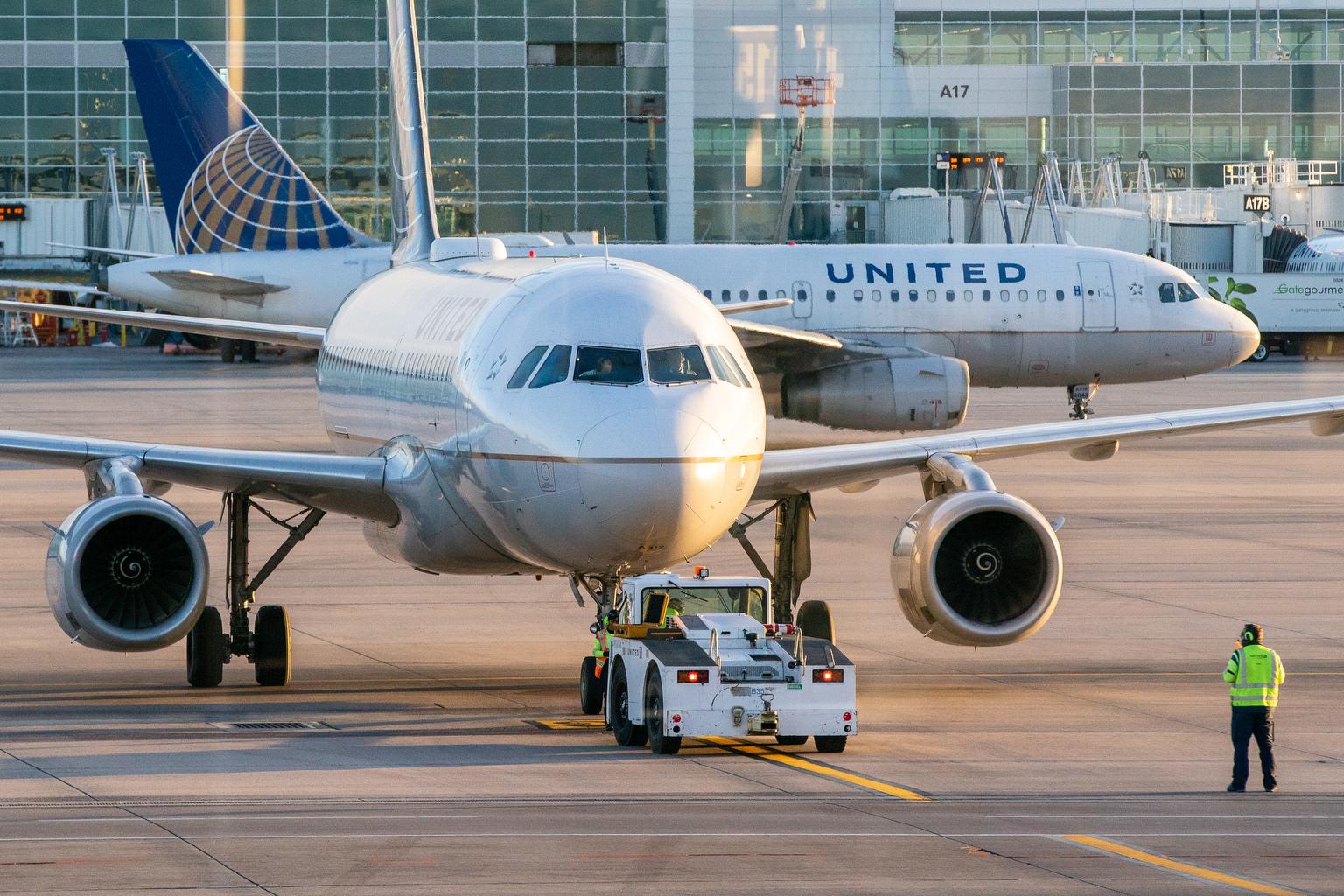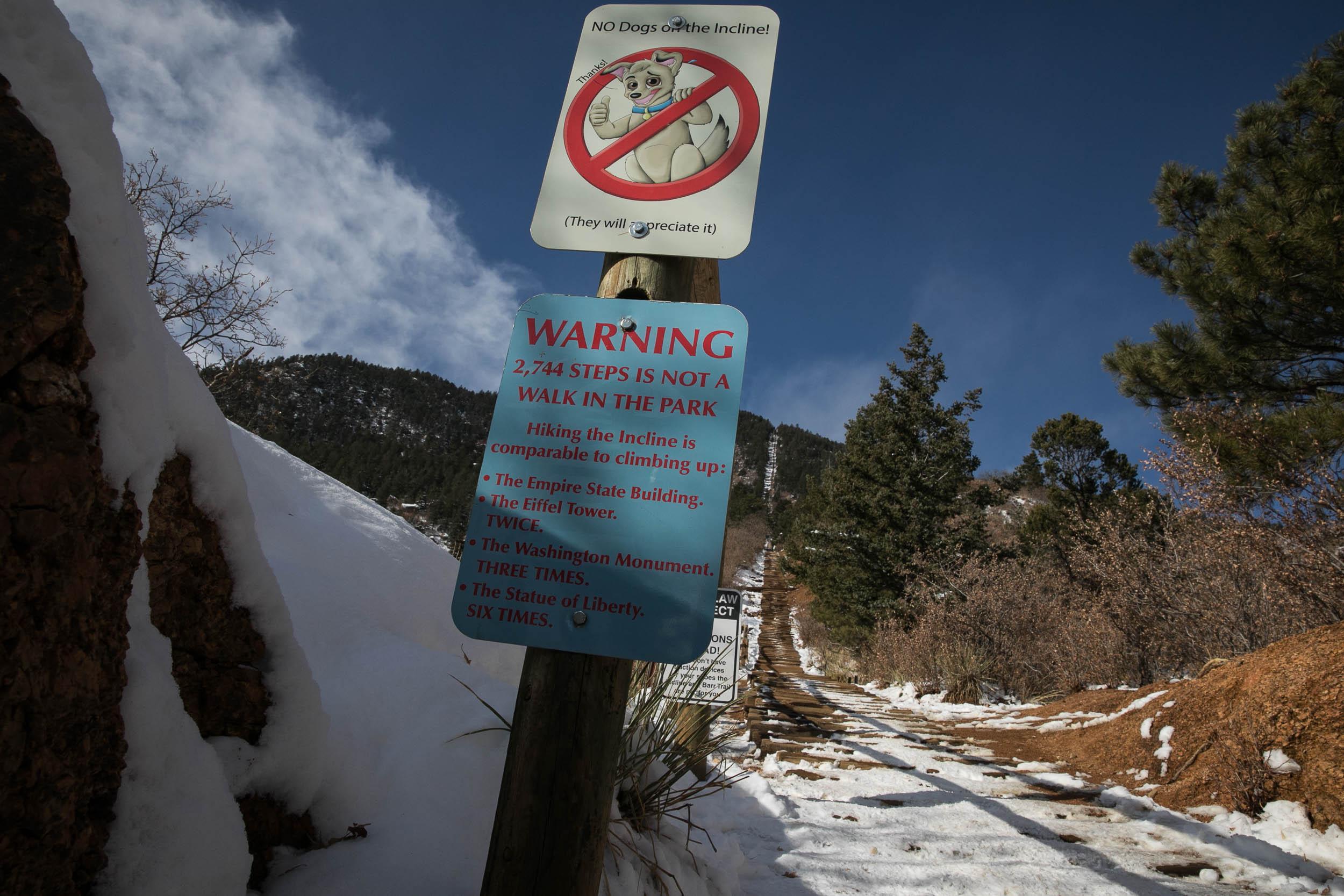
Defense attorneys for two Aurora Police officers charged in the death of Elijah McClain called no witnesses and put on no case, arguing that the state had simply failed to prove their clients acted criminally in the case.
The state's final witness, an outside expert who reviewed McClain's autopsy and concluded he died of homicide, was on the stand for just an hour Friday morning. That was followed by a protracted hearing on legal matters, and a motion by the defense attorneys for the judge to find their clients not guilty without need for the jury. That was denied.
Even before the jury made it to the courtroom, the judge and attorneys were disputing issues over the examination of the man who would have been the defense’s use-of-force expert, Jeffrey Noble. District Court Judge Mark Warner started the day by going over issues with Noble’s report on the case — whether he was basing some of his conclusions on hearsay and what the prosecution could ask during the cross examination.
The dispute also dipped into matters of decorum, underscoring the tension and gravity of the case against Randy Roedema and Jason Rosenblatt for their involvement in McClain’s death. They are each charged with criminally negligent homicide, manslaughter and assault.
“Not to throw my colleagues from the state under the bus here,” said Reid Elkus, attorney for Roedema. “But in almost every step here, they're calling him Elijah, Elijah, Elijah, which frankly is grossly inappropriate in a case like this. It really should have been just Mr. McClain or Elijah McClain.”
McClain died in 2019 a few days after three officers forcibly arrested him and then he was given a large dose of ketamine by paramedics.
At the end of the discussion, the defense decided against calling Noble to the stand at all.
In many ways, Friday’s proceedings were a small preview into what the jury might hear during closing arguments and just how contentious settling on instructions for the jury might be. Warner has set aside Monday in order to formulate instructions to explain the laws that apply to the charges and help guide jurors as they consider the evidence — and have both sides agree on it.
But agreement between the prosecution and defense was hard to find on Friday. The defense attorneys moved for an acquittal under something called a Rule 29 motion. They argued that the evidence was insufficient to find the officers guilty and there was no need to let the jury even consider a verdict.
“Did Mr. Mitchell ever say anything about ‘oh, the conduct of Woodyard, the conduct of Rosenblatt, the conduct of Roedema, the conduct of (EMT Jeremy) Cooper, the conduct of (EMT Peter) Cichuniec?’ No. All of his opinions were about the conduct of the law enforcement, the police restraint,” a defense attorney for Roedema said. “They're apparently using the same evidence for all of these different counts, some of which are based on complicity theories, some of which are based on the actions of paramedics who aren't even in this room.”
But the prosecution was confident in the case they presented.
“I think the video alone would be sufficient for the jury to determine that a reasonable person would not have acted in the ways that these defendants acted and that that endangered Mr. McClain's life,” said a prosecution attorney.
“Mr. McClain repeatedly tells them he can't breathe, he can't fix himself, that he's sorry, but the response rather than trying to assist him with any of these things or even check his vitals, is for Mr. Roedema to pick him up and slam him to the ground and for both defendants to assist each other in restraining him and applying pain compliance techniques,” he said.
The judge denied the motion for acquittal. He also denied, again, a motion to sever the cases and try Roedema and Rosenblatt separately. Warner also asked both Roedema and Rosenblatt whether they intended to testify in the case. Both said no and also asked to be excused on Monday while the court hashes out jury instructions.
Another matter in the court included an order to clarify the term “reasonable suspicion,” because the legality of the initial stop on Aug. 24, 2019 that led to McClain’s deadly encounter, is not being submitted as evidence and will not be a consideration for the jury.
The only witness to make the stand on Friday was forensic pathologist and national expert Dr Roger Mitchell. He returned from a marathon testimony yesterday to wrap up a cross examination and redirect. Mitchell reiterated his testimony from Thursday.
He said McClain was suffering and in need of support while in custody and that he could have survived with medical intervention or by being moved to a position in which he could breathe.
“There was a time in which Elijah McCain at every point really needed to be, for lack of a better term, ‘saved,’” Mitchell said. “And part of that is making sure that he's staying in a position where he can gain full oxygen and full respiration. And that last time when he's being held in place with his head twisted towards the left and into the ground is against that recovery position.”
Warner will already be in court on Monday before digging into the jury instructions. The next officer charged in McClain’s death has a pre-trial conference at 8:30 a.m. with Warner.
The last point of contention on Friday was over closing arguments. The defense has repeatedly objected to showing what is called the “master sync” video of the incident. It’s the enhanced version of all the body-worn camera footage with timestamps aligned. The court agreed that the video can be shown in closing arguments. The judge suggested time limits for those arguments — set for Tuesday morning — to 60 minutes for the prosecution and 40 minutes each for Roedema’s and Rosenblatt’s teams. But the prosecution said because of the plan to show the 20-minute video, they needed more time for closing arguments. Warner added 10 minutes to the prosecution's time.
The jury will be back in court to hear closing arguments on Tuesday, Oct. 10 at 10 a.m.







